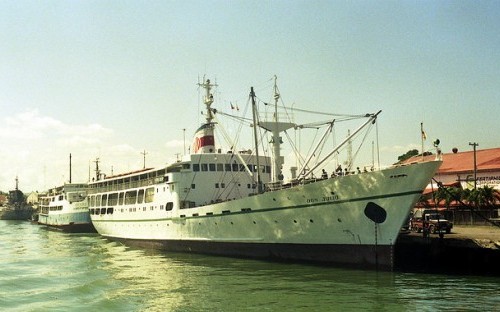But that’s just what Federico Albano, MBA graduate from SDA Bocconi, did last month, leading a team of professional rowers to World Championship glory in the finals in Cres, Croatia.
Having led the SDA Bocconi team to victory in the MBA cup last year, Federico Albano, 28, was not expecting pick up an oar again for sometime; having completed his studies, he returned to his family firm, which constructs rigs for offshore drilling, and while sailing was a particular interest, it remained “just a passion” for the 28-year-old former marine engineer.
But when a member of boat owner Giuseppe Giuffre’s team invited him to take part in a few regattas, it was an offer he couldn’t resist. The team was successful, and heading into the World Championship, Giuffre saw no reason to change a winning formula.
For Albano, winning the World Championship is a bit like doing an MBA; there are skills you need at the outset, but only with training will you achieve ultimate success.
Indeed, the metrics for a winning sailor could be lifted from a b-school prospectus: "You need to be sangfroid, sensible and able to concentrate,” Albano says, “During the Championship we were on the water at least 10 hours a day, on boats around 11-15 meters long weighing around six tons.” The “smallest error”, he reminds us, “could compromise the work of the entire crew."
For Albano, the equivalence between sailing and the demands of the MBA is clear. "A sailboat is like a company,” he explains, “Everyone's input contributes to the success or failure of the team. But the most important aspect is strategy. If you're in the lead and the second-place boat chooses an alternate course, do you follow that route to keep an eye on that boat, risking that the third-place team gets ahead? Or do you stay your course, confident that it's the better choice? A company often has to make similar decisions."
His MBA and his sailing experience have both better equipped him to make the hard decisions in the business world; small wonder he has christened his time as a sailor “a Master within a Master”.
RECAPTHA :
62
eb
dc
74







